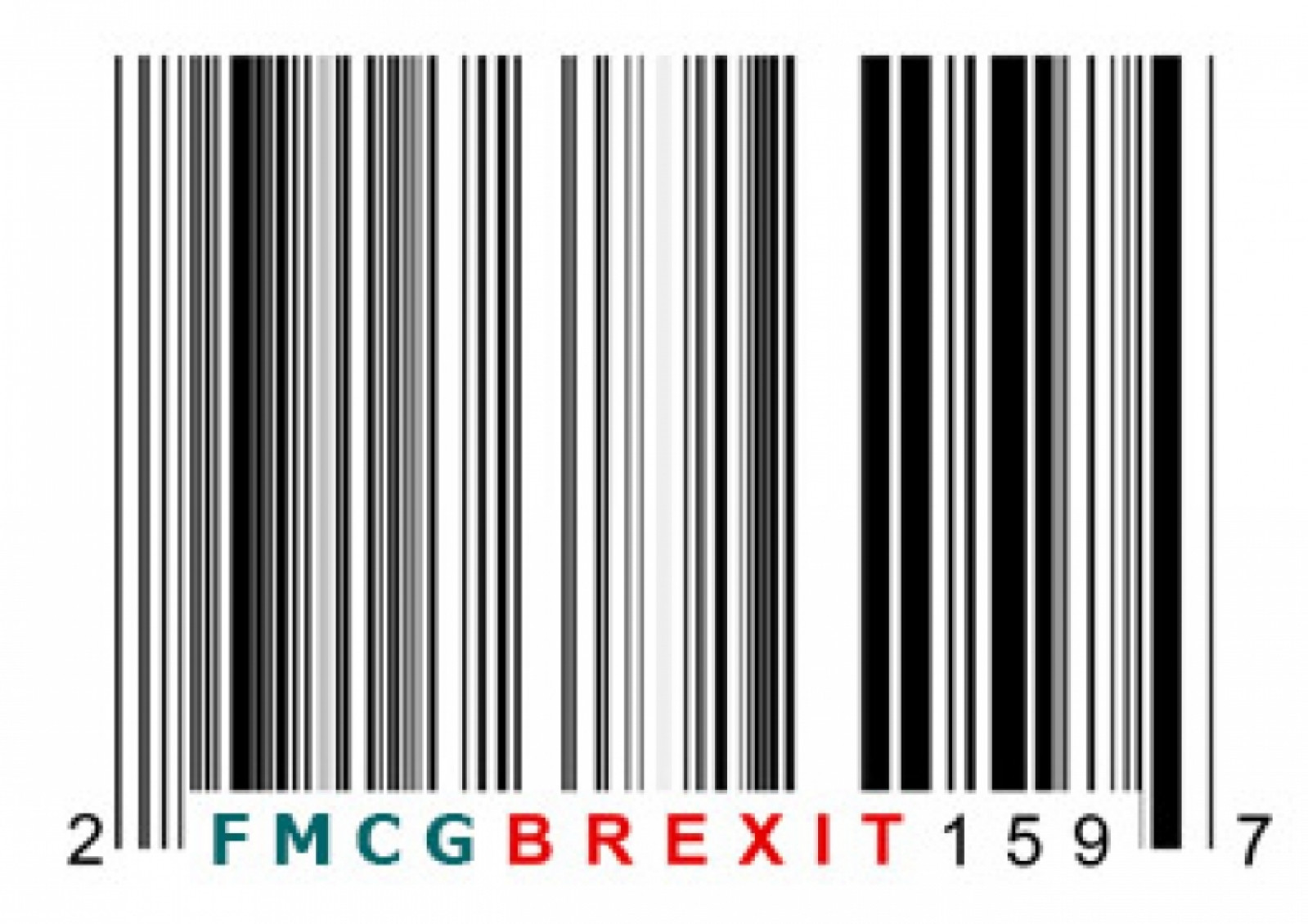Dan Plimmer, Lead Consultant and Head of FMCG & Consumer Durables Division at Jonathan Lee Recruitment contemplates the FMCG sector in the aftermath of Brexit Britain.
In the abundance of news articles that have examined the possible consequences of the decision to leave the EU, there is no clear indication of what exactly Brexit really means to the FMCG sector. Political and economic commentaries swing from the apocalyptic to extreme optimism. In my daily interactions with clients in the sector, the common thread has been that businesses are cautious about the future but recognise the need to 'get on with it' so that they do not lose ground whilst the terms of exit are negotiated.
Last weekÂs speech confirmed that Theresa May wants to take the UK out of the single market, and the time has come for FMCG businesses to begin to scenario plan for the new regulations that will replace the EU's four freedoms; movement of goods, capital, people and services. For this blog entry I will focus on the first of these and more specifically on importing; the challenges and opportunities that lie ahead.
We have already felt the effects of a weaker pound against the Euro, with increasing costs of sourcing raw materials and packaging for some companies leaving no choice but to inflate consumer prices which will certainly be an unpopular development. For those UK businesses that currently import, until clear agreements are made there will be ongoing uncertainty.
If, once article 50 is invoked, May can fulfil her pact of a new agreement with the Customs Union, we can be confident (to a degree) that the imposition of tariffs for imports from the EU will not be as heavy a burden as first thought. However, the German Chancellor Angela MerkelÂs senior advisor recently suggested that Britain cannot Âhave its cake and eat it and so the negotiations will likely be hard fought.Â
Mrs May feels that our trump card is that the EU import a significant amount of goods from the UK. For example, in the food sector the goods sealed with the Red Tractor standard are highly sought after. So while the EU may want to negotiate less favourable terms, they may ultimately pay the price in the long run if a mutually beneficial agreement cannot be struck.Â
Once the UK leaves the Union, there will be a huge long term logistical challenge for the UK. For the first time in 40 years, British customs fear a return of the red tape and single administrative documents that previously made importing costly and inefficient. This is of particular concern for FMCG businesses whose fast and lean manufacturing processes rely on just-in-time delivery. Is our transport infrastructure ready for this? Probably not. Certainly the expansion at Heathrow Airport is positive news but with capacity at Dover already at its limit, there is still some way to go before Britain has the right logistical networks in place.
With importing presenting more challenges, businesses will naturally look to source what they can at home in the UK. The food and beverage industry will certainly face a challenge with the withdrawal of EU subsidies for agriculture and no clear picture on how the UK government will address the shortfall in funding, Some of the larger FMCG players are already looking to strengthen their relationships with local suppliers. But trade agreements with countries outside the UK will be critical to the long term success of the economy and the timing and negotiation of terms will be a complicated process.
The political environment also opens opportunity for UK manufacturers to embrace new technologies particularly in automation and robotics; for example, embracing off-shoring. This trend is nothing new; last year saw the opening of a new sports manufacturing factory based in Germany that almost entirely automated the production of Adidas trainers. The UK has some excellent knowledge and skills in automation and robotics and so this might provide a catalyst for inward investment within the UK. LetÂs not forget, the UK also has rather favourable corporation tax too.
Whilst the Prime MinisterÂs speech gave a flavour of what it to come for Britain post-Brexit, it is far from clear how the challenges facing the consumer industries will unravel. FMCG companies need to seek to invest in improving efficiency, developing strong supplier relationships locally and in investing in their highly skilled staff to maintain a competitive edge. -Â











